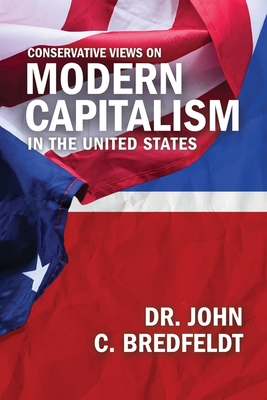
Buchanan, James M.
The Calculus of Consent was co-authored by Buchanan with Gordon Tullock, with whom Buchanan collaborated on many books and academic enterprises throughout their careers. As Robert D. Tollison states in the foreword, "[this book] is a radical departure from the way democracies conduct their business. The Calculus is already a book for the ages."
This classic work analyzes the political organization of a free society through the lens of the economic organization of society. The authors acknowledge their unease as economists in analyzing the political organization, but they take the risk of forging into unfamiliar territory because they believe the benefits of their perspective will bear much fruit.
As the authors state, their objective in this book is "to analyze the calculus of the rational individual when he is faced with questions of constitutional choice. . . . We examine the [choice] process extensively only with reference to the problem of decision-making rules."
The authors describe their approach as "economic individualism." They believe that economists have explored individual choice extensively in the market sector while social scientists have largely ignored the dynamics of individual decision-making in the dynamics of forming group action in the public sector.
Written in the early 1960s, The Calculus of Consent has become a bulwark of the public choice movement for which James M. Buchanan is so justly famous.
James M. Buchanan (1919-2013) was an eminent economist who won the Alfred Nobel Memorial Prize in Economic Sciences in 1986 and was considered one of the greatest scholars of liberty in the twentieth century.







